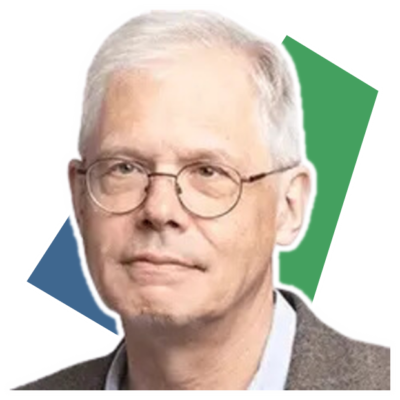Nice to meet you!
We are BioSolveIT and we visualize drug discovery. Our fast and easy-to-use software enables every chemist to advance their research. Our trusted platforms
SeeSAR and
infiniSee support you in structure-based and ligand-based drug discovery to inspire you with new, vivid ideas.
Perceptive visualization helps you to understand computational results at a glance.
We at BioSolveIT believe in full transparency, and all the science behind our software is published. We are passionate about the needs of our customers and live this through the
discovery services we offer. Working together with users in this way helps us stay at the forefront of current research, addressing the questions that chemists are interested in right now.
We develop software that is indispensable to drug discovery and, more importantly, software that is a pleasure to use every day.






